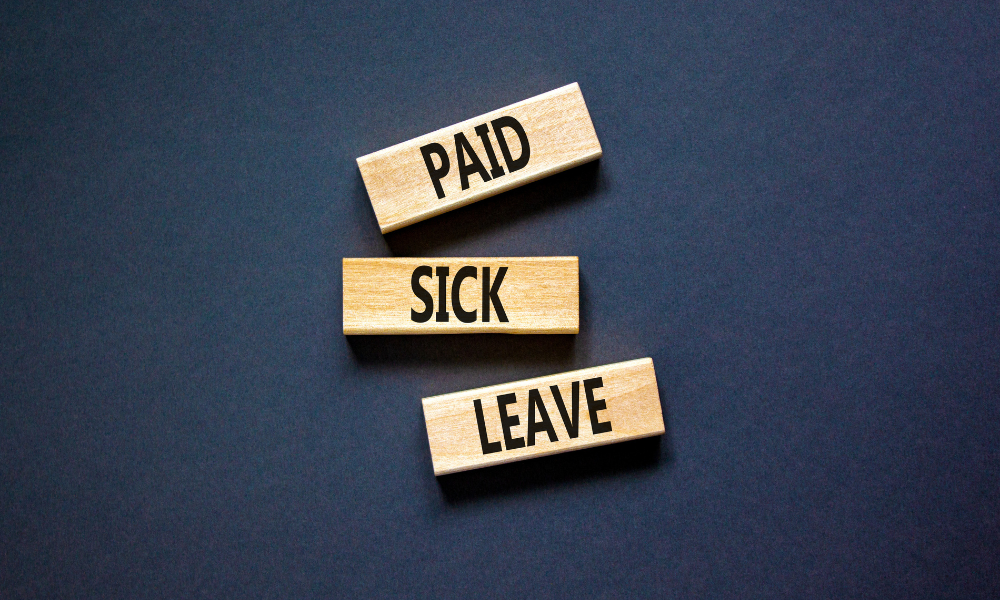
'Paid sick leave is an important component of maintaining public health and small business competitiveness'

Yukon is extending its Paid Sick Leave Rebate Program until March 31, 2026, subject to legislative approval of Budget 2025–26.
The territorial government is investing $850,000 in funding for the program under the proposed budget.
"In addition to supporting workers, paid sick leave is an important component of maintaining public health and small business competitiveness," said Premier Ranj Pillai, who is also the territory’s Minister of Economic Development.
"By empowering Yukoners to make the decision to stay home when they are feeling sick, we are helping to ensure that they aren’t risking their health and the health of others and don’t have to choose between their well-being and financial stability. I am glad that our government can continue to offer this rebate to support both businesses and their staff."
The rebate—paid to employers and self-employed Yukoners—covers up to 40 hours of sick leave per year for eligible employees and self-employed workers making less than or equal to the average hourly private-sector wage in Yukon.
Since the program launched in April 2023, over 170 Yukon businesses have applied for rebates, and more than 1,100 employees have received paid time off through the program when they were sick.
In the first year of the program, approximately 50% of employees who used the program worked in retail trade, 19% in accommodation and food services, and 13% in the health and social assistance sector.
According to the government, the rebate program helps Yukon businesses by:
Workers employed by the Government of Yukon and its corporations, the Government of Canada and its corporations, Yukon First Nations governments, municipalities, and federally regulated industries are not eligible for the program.
Yukon and other Canadian provinces also provided paid sick leave to workers during the COVID-19 pandemic.
Providing workers with access to paid sick leave is critical for employers, according to numerous stakeholders.
"Sick leave is a critical aspect of workplace well-being, providing workers with the necessary time to recover from illness without any additional stressors," according to TCW Global.
"Paid sick leave is an essential benefit for workers," said John Auerbach, senior vice-president for public health at ICF. "Given how many people live paycheque to paycheque, how can they expect to pay the bills if they have no income when they inevitably become ill or injured? And, from a public health perspective, paid sick leave is important to decrease the likelihood of threats to others, such as through the spread of infectious disease."
Meredith Slopen, postdoctoral research scholar at the City University of New York Graduate Center’s Stone Center on Socio-Economic Inequality, and Hilary Wething, economist at the Economic Policy Institute, noted that if a worker has access to job-protected paid sick leave, they can take the time they need to seek medical care or stay home without the fear of losing employment or earnings.
"Time off to care for an illness allows workers to recover and come back to work (rather than needing to take a longer leave [down] the road due to putting off care) and reduces the spread of disease in the workplace," they said in a blog post. "Evidence shows that paid sick leave is associated with reductions in job separation rates among women, suggesting access to paid sick leave might improve workers’ employment prospects."
The federal government and some Canadian provinces have also introduced legislation providing workers with paid sick leave.